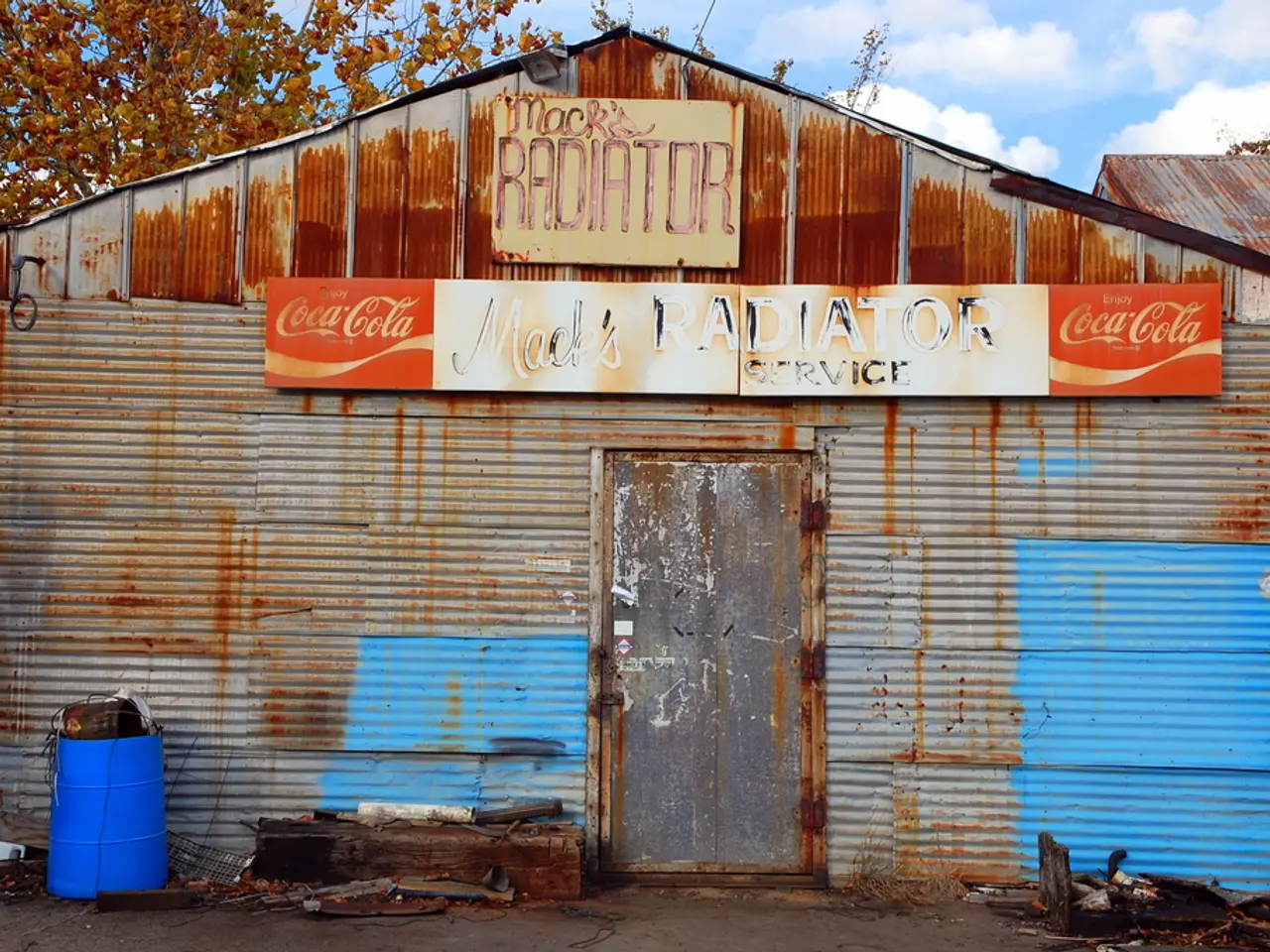Reuse and Discarded Plastic Materials
In the early 20th century, the world was introduced to a revolutionary material - Bakelite, the first totally synthetic plastic. Fast forward to today, and plastic has become an integral part of our everyday lives, from food packaging to outdoor clothing.
New Zealand's plastic recycling story began in 2010, when 94% of households participated in recycling. However, until 2017, none of the PET plastic collected in New Zealand was processed for reuse locally. This all changed when Flight Plastics, a company based in Lower Hutt, opened New Zealand's first PET wash plant. This significant step closed the recycling loop, enabling the company to recycle used PET plastic into new packaging for many of our favourite foods.
The government has also taken action, announcing a three-stage plan to phase out plastics that are hard to recycle in New Zealand. The plan, which will roll out across 4 years, will outlaw various hard-to-recycle plastics, removing more than 2 billion single-use plastic items from our landfills or environment each year.
Plastic products are identified by their resin identification code (RIC) numbers, making it easier to sort and separate items for recycling. Manufacturers use special names for the different plastics, but most of us recognize them by these RIC numbers.
However, recycling rates globally remain low. Only an estimated 14-18% of plastic waste is recycled, with the percentage in New Zealand also being relatively low due to technical, economic, and design limitations of plastics. Some plastic types, such as types 3, 5, 6, and 7, are more difficult or unprofitable to recycle.
The enormous amount of waste created by plastics has become a socio-scientific issue. The waste takes up approximately 20% of a modern landfill, and the increase in plastic production outpaces the growth in recycling capacity, leading to continued high levels of plastic pollution and waste mismanagement globally.
Moving to a circular economy is seen as a way to deal with the plastic waste and pollution generated from the 'throw-away culture' of a linear economy. Closed-loop recycling, a process by which a product is used, recycled, and then made into a new product without ever becoming 'waste', is a key part of this circular economy.
Despite these challenges, New Zealand is making strides in plastic recycling. The country's plastic recycling is currently regulated under a mandatory Extended Producer Responsibility (EPR) scheme for plastic packaging, which requires producers to participate, distinguishing New Zealand from regions with voluntary or co-regulatory systems.
However, an initial goal to phase out problematic plastics by 2025 has been postponed, indicating ongoing challenges in the management and reduction of plastic waste. The government is currently working with stakeholders and business groups to formulate a plan for the phase-out of types of expanded polystyrene, single-use cups, and wet wipes.
In conclusion, while New Zealand is advancing its regulatory framework for plastic recycling, the global recycling rate remains low, and substantial improvements are needed worldwide to effectively manage plastic waste and reduce environmental impact. The Pact Group, which acquired Flight Plastics in 2021, continues to work towards sustainable solutions in the plastics industry.
- In the era of environmental science, plastic has become a significant part of our lifestyle, dominating sectors as diverse as food-and-drink and home-and-garden.
- The business world has started addressing the climate-change issue caused by the excessive use of plastic, with the finance sector playing a crucial role in funding various environmental projects.
- Technology has been integrated into the recycling process, making it possible to identify different types of plastic by their resin identification codes (RICs).
- Despite the advancements in technology and the efforts of companies like Flight Plastics, general news outlets continue to report on the enormous amount of waste created by plastics, which is a major concern in personal-finance and travel.
- Education-and-self-development platforms are educating people about the impact of plastic pollution on the environment, creating awareness about the need to transition from a linear economy to a circular one.
- The casino-and-gambling industry, while seemingly unrelated, is also taking steps towards sustainability, using eco-friendly materials in their establishments to reduce their environmental footprint.
- The sports industry, once a major contributor to plastic waste through the use of single-use plastic water bottles, is now working towards sustainable solutions, such as promoting the use of reusable water bottles.
- As the world becomes increasingly aware of the need to reduce plastic waste, industries across the board are being compelled to adapt, with the hope that one day general-news headlines will no longer feature stories about plastic pollution and mismanagement.




